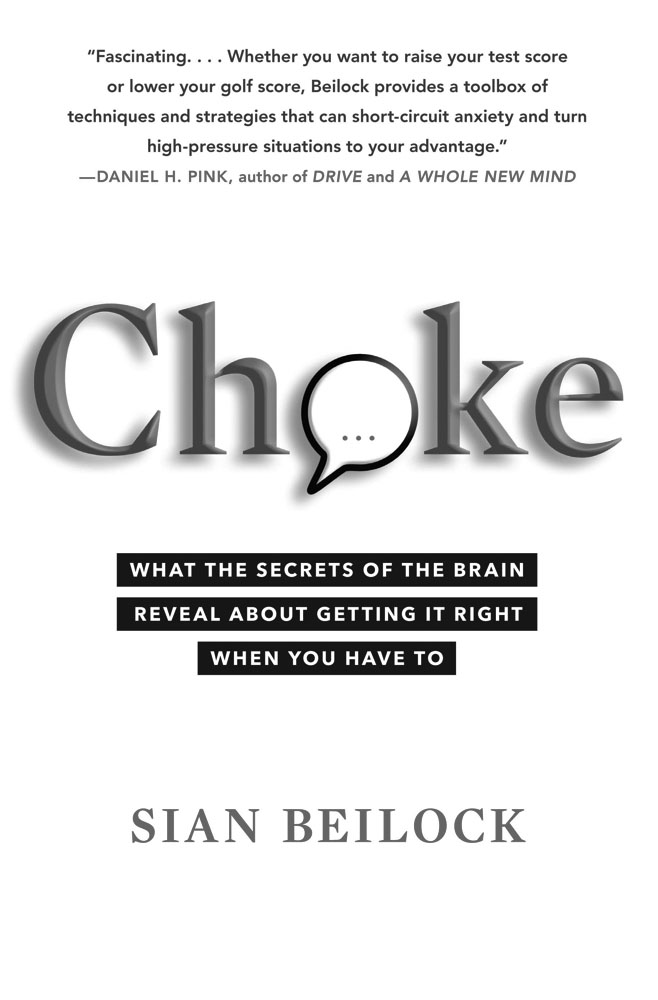There was not much time left in the game. His teammates were counting on him. So were his fans. Kyle Williams, a punt and kick returner for the San Francisco 49ers, was counting on himself. But he choked under pressure, committing two critical turnovers in a January game that prevented the 49ers from participating in the Super Bowl.
How do certain athletes perform their best under stressful competitions? What makes some students prosper and others succumb to anxiety? Breathe deeply: There are ways to stay calm and collected when it counts.
The majority of Urban students agree that they feel pressured academically. “I put enormous amounts of pressure on myself to do well in school,” said Isabel Fife-Cook (’13).
Isabel Langen (‘13) believes one can overcome the daily pressures in her life but “would have to make drastic changes and adjust my current lifestyle. I am not sure if feeling less stressed would be worth all the sacrifices.” One recent night, Anne Vetter (’12), was “so stressed that I couldn’t do any homework. It wasn’t helpful.”
Cash Askew (’12), admits he does not handle pressure well. “I will spend significant amounts of time procrastinating out of sheer lack of motivation by spending time on the Internet or listening to music; this is my way of avoiding pressure without actually avoiding (it) effectively.”
How can students reach the balance between doing their best and feeling engulfed with stress and pressure? According to Suzanne Forrest, assistant head for academics, “test situations should be moments where you show what you know (but) tests can also feel like a big judgment ordeal where students tend to dissociate from what they know about their learning.” She recommends that every student “know oneself and be honest about what one can do and set reasonable goals for achievement and improvement.”
Sian Beilock’s book, “Choke,” defines choking as “what happens when people perform at a lower level than what they are capable of in high stake situations … a performance that is inferior to what one can do and (has) done in the past.”
Beilock recommends studying for high-pressure tests such as the SAT by practicing to rehearse handling one’s anxiety. The more you can mimic the test-taking environment before taking the test, the lower the chance that you will choke in the real test-taking atmosphere, she says.
According to an October 2010 article from the University of Chicago website, meditation is a great way to relax for high-stress situations: “(It) can help people let go of negative thoughts and worries that can deplete their mental resources that could otherwise be devoted to performing well under pressure.”
Another coping strategy is to simply reaffirm one’s self-worth and map out one’s complexities. Before taking an important test, Beilock recommends spending five minutes drawing a diagram of everything that makes you a multifaceted individual. This exercise can help to highlight that this one test score does not label you.
While students are under pressure, many have found ways to deal with it. For example, athletes are constantly exposed to high-stakes situations, but often know how to counter them.
Greg Angilly, athletic director, suggests that athletes “focus on the task at hand and stay in the moment. Don’t get too excited when things go well or too down when things don’t go your way.”
Similarly, Mabel Taylor (’14) can choke under pressure in front of an audience, but overcomes anxiety by realizing “it has to be done and (there is) no avoiding it.”
What seems to help students most is a sense of perspective: We are complex humans with strengths and weaknesses, so one mistake should not define us.
“Everyone’s sets of habits are different,” says Kaern Kreyling, Urban school counselor. Lilia Leshan, who will be replacing Kreyling in March when she goes on sabbatical, agrees. Coping with pressure is “about forgiveness and compassion, and not about judging oneself.”
Recent stories:
- February 29Sofia reviews Sofia
- February 29Behind the curtain: Urban's Winter Production, "Alice By Heart"
- February 29Touch some grass: demystifying the Dopamine Detox
- February 29Religion & Republicanism
- February 29Six students attend the Student Diversity Leadership Conference
- February 28Unraveling the cultural dilemma of Kanye West
- February 28Clean girl aesthetic: cute and classy, or culturally appropriative?
- February 28Uncovering the horror of the uncanny
- February 28Addressing lung cancer dispartities in nonsmoking Asian women
- February 28Porn's chokehold on power dynamics and gender roles

